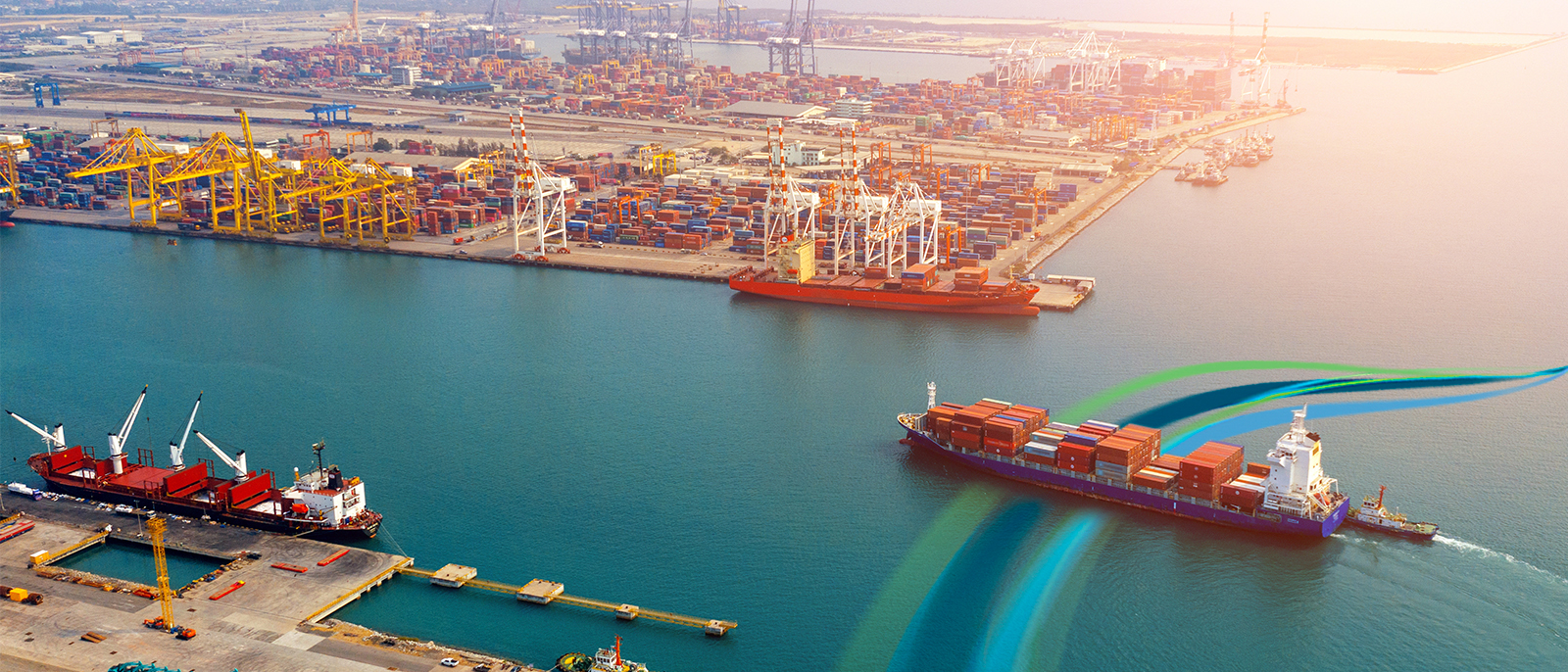Acquiring marine insurance is a prudent and essential decision for various stakeholders in the maritime industry, including shipowners, operators, and cargo transporters. The rationale behind obtaining marine insurance is multifaceted and encompasses several compelling reasons:
Risk Mitigation:
The maritime environment is inherently unpredictable, with a myriad of potential risks such as accidents, collisions, piracy, natural disasters, and unforeseen events. Marine insurance acts as a crucial risk mitigation tool, providing financial protection against the diverse perils associated with maritime activities.
Financial Safeguard:
Maritime ventures involve significant financial investments in vessels, cargo, and operations. Marine insurance serves as a financial safeguard, offering compensation in the event of damage, loss, or theft of vessels or cargo. This protection ensures that businesses can recover financially and continue operations after an adverse event.
Legal Compliance:
Many jurisdictions and international trade regulations require vessels to carry a certain level of insurance coverage. Compliance with these regulations is not only a legal obligation but also a fundamental aspect of responsible and ethical maritime operations.
Protection for Cargo Owners:
Cargo owners, whether individuals or businesses involved in international trade, benefit from marine insurance to protect their goods during transit. This coverage safeguards against potential damage, loss, or theft of cargo, ensuring that the financial interests of the cargo owners are secure.
Liability Coverage:
Liability insurance, a component of marine insurance, shields shipowners and operators from legal liabilities arising from accidents, injuries, property damage, or environmental pollution caused by their vessels. This coverage is crucial in safeguarding against potential legal and financial ramifications.
Operational Continuity:
Maritime disruptions, such as accidents or natural disasters, can interrupt operations and lead to financial losses. Marine insurance helps ensure operational continuity by providing the necessary financial support for repairs, replacements, or compensation, allowing businesses to recover and resume activities promptly.
Risk Diversification:
Engaging in maritime activities exposes stakeholders to various risks that can have financial implications. Marine insurance enables risk diversification by transferring some of these risks to insurers, allowing businesses to focus on their core operations while mitigating the financial impact of unforeseen events.
Credibility and Assurance:
Having comprehensive marine insurance enhances the credibility of a shipping company or maritime operator. It assures clients, partners, and stakeholders that the business is financially prepared to address and overcome challenges, fostering trust and confidence in the reliability of its services.
There are also diverse Categories of Marine Insurance:
Hull Insurance:
Encompasses damage to the vessel itself, including the hull, machinery, and equipment.
Provides protection against perils such as collisions, grounding, and sinking.
Cargo Insurance:
Safeguards transported goods against damage or loss during transit.
Proves indispensable for importers, exporters, and shipping companies.
Liability Insurance:
Shields shipowners and operators from legal liabilities stemming from bodily injury, property damage, or environmental pollution caused by their vessels.
Freight Insurance:
Compensates shipowners for lost freight revenue in cases of damaged or lost cargo.
Factors Influencing Premiums:
Various factors contribute to determining the cost of marine insurance premiums. A comprehensive understanding of these variables empowers one to make judicious decisions and effectively manage insurance expenses.
Type of Vessel:
The size, age, and condition of the vessel impact the premium.
Navigation Areas:
Operating in high-risk zones may lead to an increase in premiums.
Cargo Type:
The nature and value of the transported cargo influence insurance costs.
Safety Measures:
Implementation of safety protocols and possessing a well-maintained vessel can result in lower premiums.
Selection of Appropriate Marine Insurance:
When opting for a marine insurance policy, it is imperative to evaluate your unique needs and consider the following:
Coverage Limits:
Ensure that the policy offers sufficient coverage for potential risks.
Exclusions:
Comprehend what is not covered by the policy.
Claims Process:
Assess the ease and efficiency of the claims process.
Financial Stability of Insurer:
Opt for a reputable insurance provider with a robust financial standing.
In Conclusion:
In summary, obtaining marine insurance is a strategic and proactive measure that provides financial security, legal compliance, and operational resilience in the dynamic and unpredictable maritime environment. It is an integral component of responsible maritime management and contributes to the long-term sustainability and success of businesses operating in the maritime sector.
Please contact us for advice or further information on your marine insurance needs or visit our website.
